Last Party 2000 est un film américain de genre Documentaire réalisé par Donovan Leitch avec Philip Seymour Hoffman
Last Party 2000 (2001)
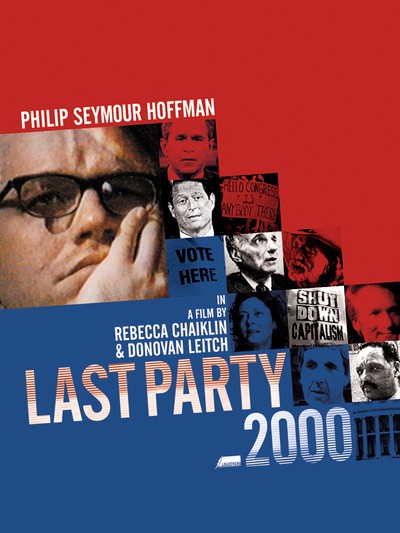
Si vous aimez ce film, faites-le savoir !
The Party's Over (theatrically released as Last Party 2000) is a 2001 documentary film about American Democracy.
Synopsis
This documentary follows Philip Seymour Hoffman as a concerned citizen on an uncensored journey of the state of American democracy. The film examines how the American political process addresses, and often fails to address, the country's most pressing issues. The film answers the question, is there a difference between Republicans and Democrats?Acteurs

Philip Seymour Hoffman
(Self)

Tim Robbins
(Self)

Susan Sarandon
(Self)

Michael Moore
(Self)

Bill Maher
(Self)
Commentaires
Postez un commentaire :
Suggestions de films similaires à Last Party 2000
Il y a 173 films ayant les mêmes acteurs, 0 films avec le même réalisateur, 8965 ayant les mêmes genres cinématographiques, 8199 films qui ont les mêmes thèmes (dont 515 films qui ont les mêmes 3 thèmes que Last Party 2000), pour avoir au final 70 suggestions de films similaires.Si vous avez aimé Last Party 2000, vous aimerez sûrement les films similaires suivants :

A (1998)
, 2h16Genres Documentaire
Thèmes Le terrorisme, Documentaire sur le droit, Documentaire sur la guerre, Documentaire historique, Documentaire sur la politique, Documentaire sur le terrorisme, Politique
Note67%






The Unknown Known (2013)
, 1h36Réalisé par Errol Morris
Origine Etats-Unis
Genres Documentaire, Historique
Thèmes Documentaire historique, Documentaire sur une personnalité, Documentaire sur la politique, Politique
Acteurs Errol Morris
Note69%





C'est un documentaire sur la vie de Donald Rumsfeld, Secrétaire de la Défense des États-Unis de Gerald Ford (20 novembre 1975 – 20 janvier 1977), puis de George W. Bush (20 janvier 2001 – 18 décembre 2006).
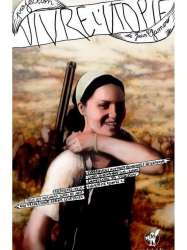
Vivre l'utopie (1997)
, 1h36Genres Documentaire, Historique
Thèmes Documentaire historique, Documentaire sur la politique, Documentaire sur l'anarchisme, Politique
Note79%





Documentaire de Juan Gamero, F. Rios, Mariona Roca, Mitzi Kotnik, sur l'Espagne libertaire de 1936 dans lequel une trentaine d'anciens militants anarchistes témoignent de l'application concrète de l'anarchisme par plusieurs millions de personnes en Catalogne et en Aragon.

Thomas Jefferson (1997)
, 3hRéalisé par Ken Burns
Origine Etats-Unis
Genres Documentaire, Historique
Thèmes Documentaire historique, Documentaire sur une personnalité, Documentaire sur la politique, Politique
Acteurs Blythe Danner, Ossie Davis, Gwyneth Paltrow, Michael Potts, Sam Waterston, Philip Bosco
Note76%






Our Nixon (2013)
, 1h25Origine Etats-Unis
Genres Documentaire
Thèmes Documentaire historique, Documentaire sur une personnalité, Documentaire sur la politique, Politique
Acteurs John Denver, Ronald Reagan
Note66%





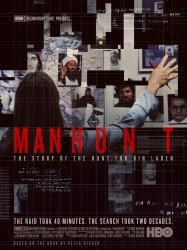 , 1h40
, 1h40Origine Etats-Unis
Genres Documentaire
Thèmes Le terrorisme, Documentaire sur le droit, Documentaire sur la guerre, Documentaire historique, Documentaire sur la politique, Documentaire sur le terrorisme, Politique
Note67%





The Sisterhood The first section of the documentary interviews a crew of female CIA analysts, known as the Band of Sisters, about their involvement in tracking down Osama bin Laden. They include Susan Hasler, Cindy Storer, Nada Bakos, Gina Bennett, a 25-year veteran of the agency, and Barbara Sude, a senior Al-Qaeda analyst. It also features John E. McLaughlin who oversaw the CIA analysts and worked for staff training. The documentary mentions that the CIA started the Bin Laden Issue Station in 1995 with the code name "Alec Station.
[...]Voir plus...

Let the Fire Burn (2013)
, 1h35Origine Etats-Unis
Genres Documentaire
Thèmes Documentaire sur le droit, Documentaire historique, Documentaire sur la politique, Documentaire sur les villes, Politique, Documentaire sur la police
Note78%





The MOVE organization was originally established as a "back to nature" movement that practiced "green" methods. When their methods became more radical, featuring profane bullhorn speeches, unsanitary conditions, and questionable child raising, the group began to draw the attention of the Philadelphia community and the police alike. The conviction of nine members for the third degree murder of a policeman after a shoot-out in 1978 further cemented the group's belief that the police were corrupt and determined to bring the movement down.
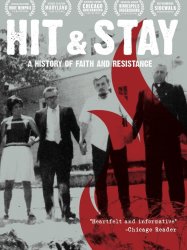
Hit & Stay (2013)
, 1h37Origine Etats-Unis
Genres Documentaire
Thèmes Documentaire sur la guerre, Documentaire historique, Documentaire sur la politique, Politique
Note67%






Citizen Koch (2013)
Origine Etats-Unis
Genres Documentaire
Thèmes Documentaire historique, Documentaire sur la politique, Politique
Note65%





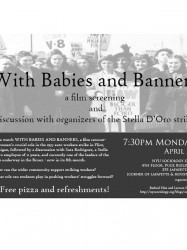 , 45minutes
, 45minutesOrigine Etats-Unis
Genres Documentaire
Thèmes Féminisme, Le monde du travail, Documentaire historique, Documentaire sur une personnalité, Documentaire sur la politique, Politique
Note66%





 Connexion
Connexion